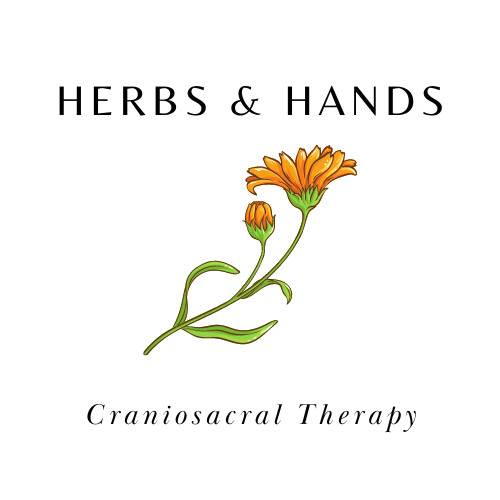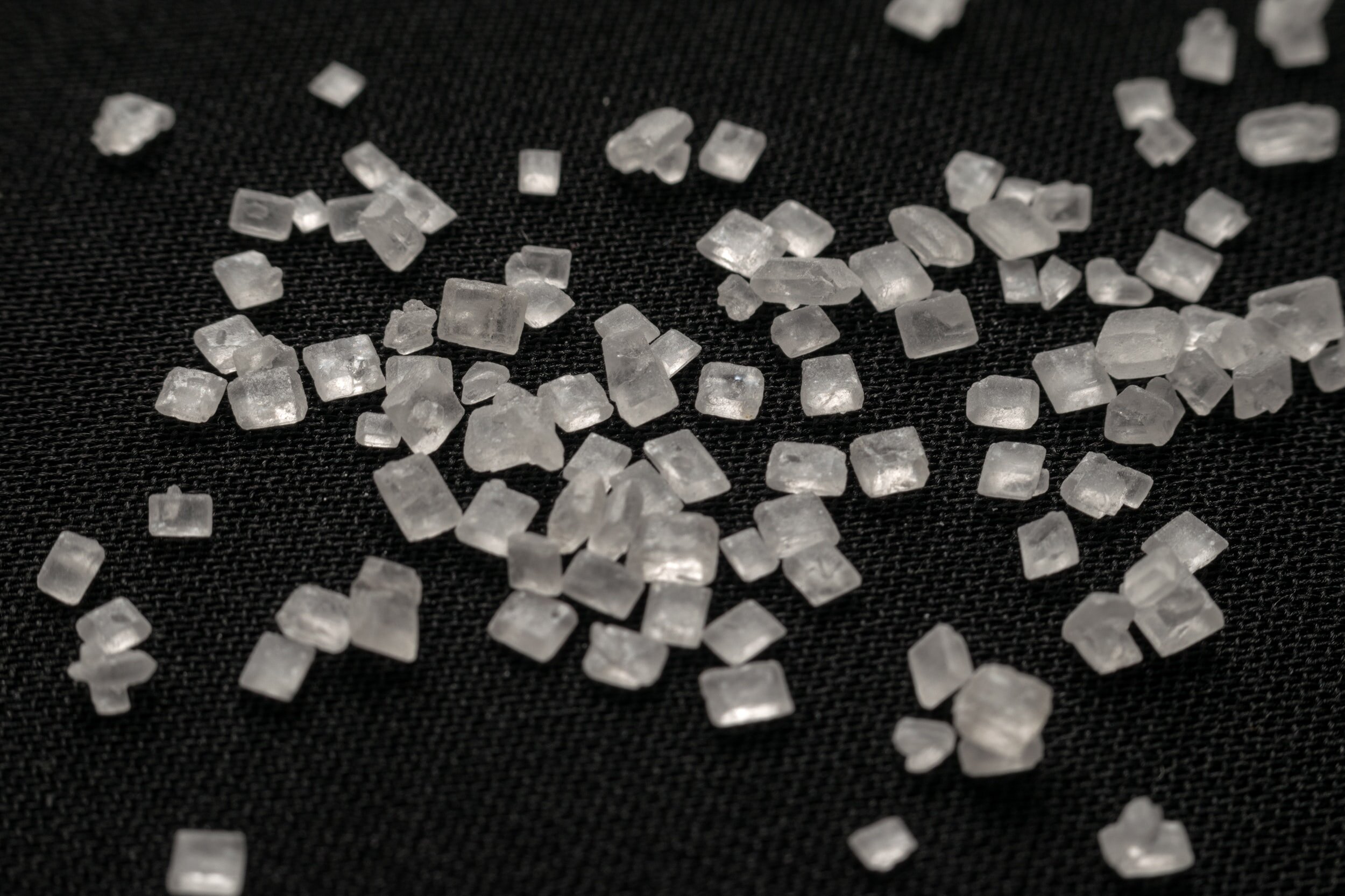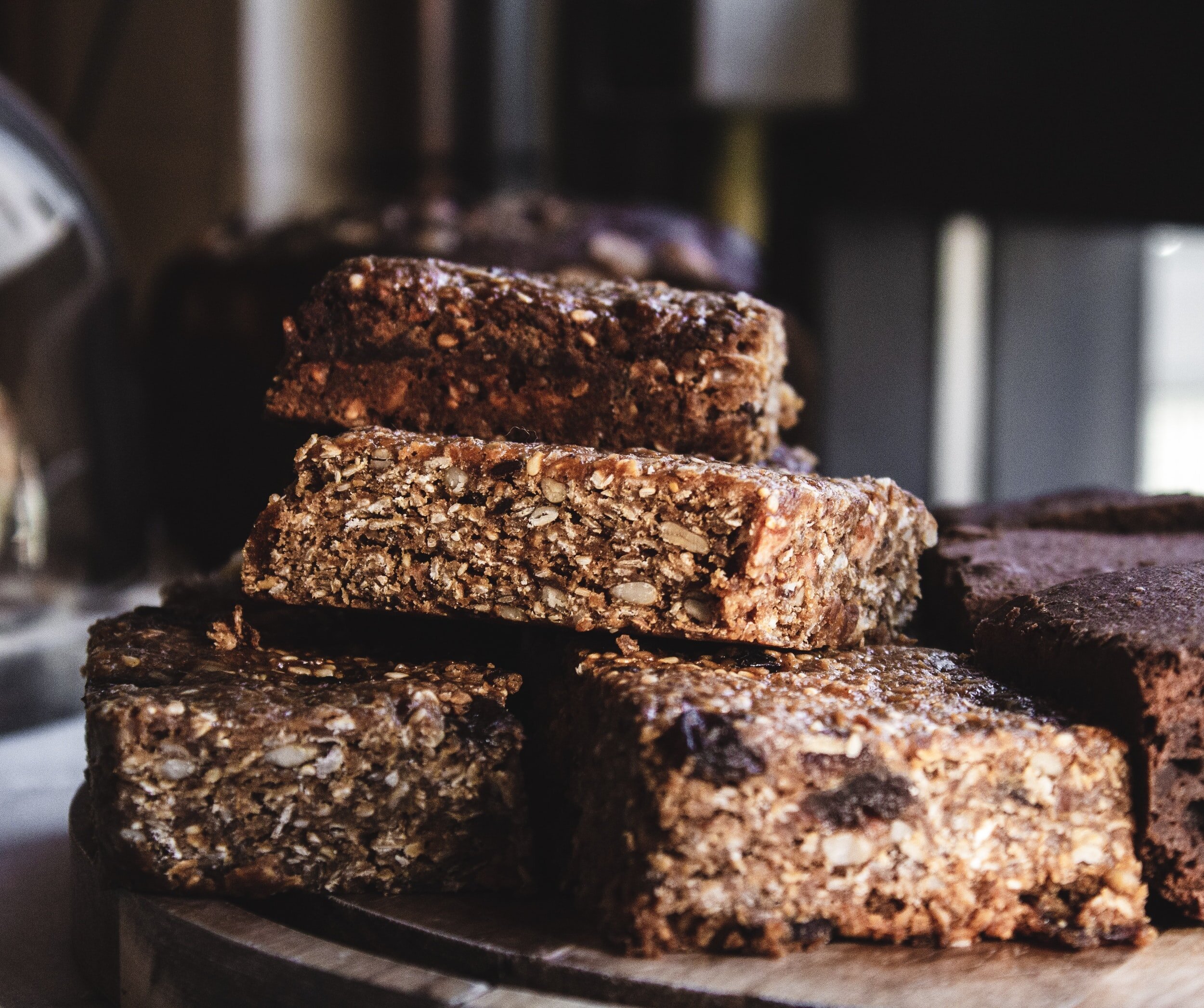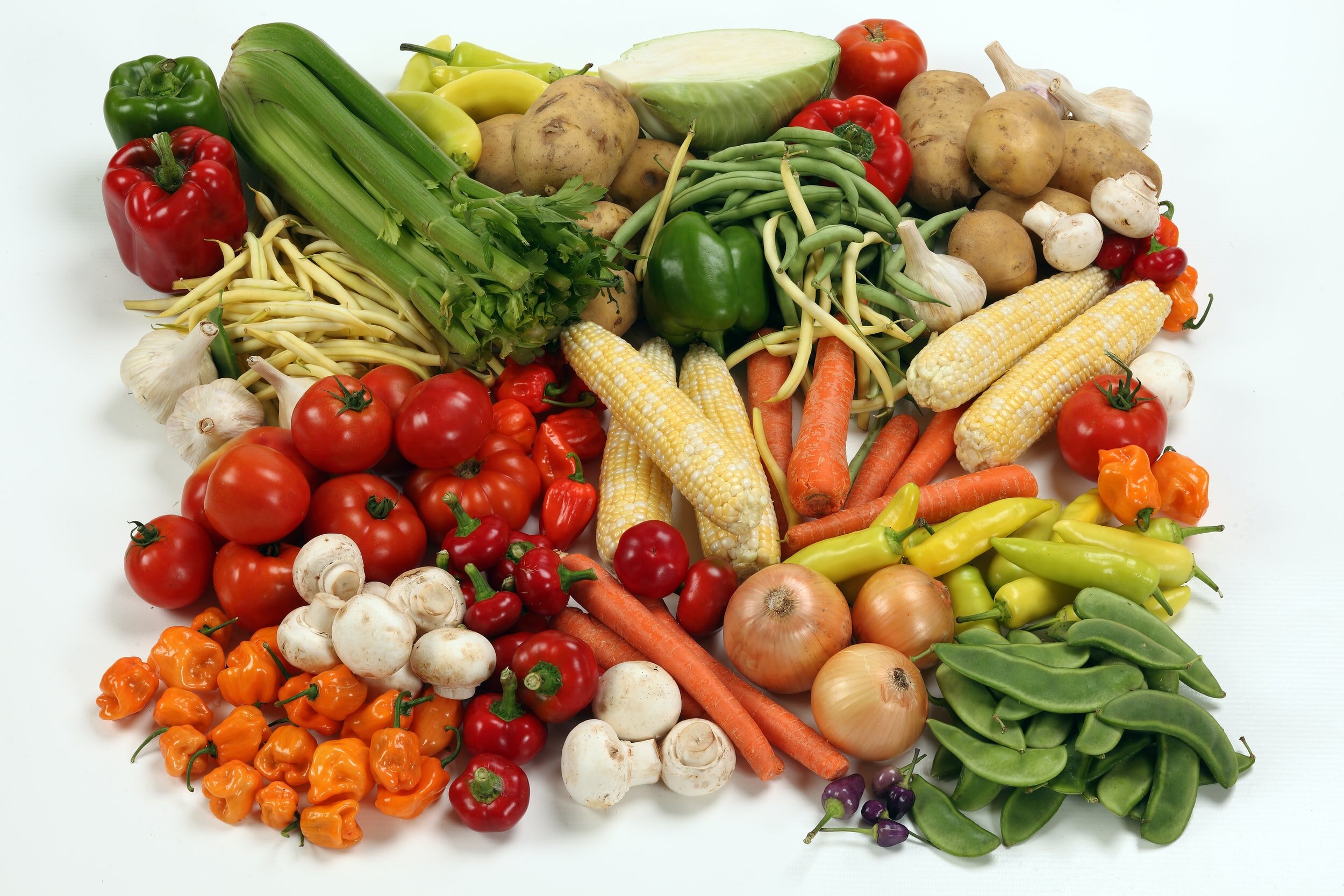
Articles by Dr. Currey
Herbal Medicine
Nourishment
Philosophy of Care
Sugar and Health
This week, we will cover added sugars and the harms they cause to our personal and societal health. The history of sugar is a tragic one that is often overlooked. By the end of this article, you will strongly wonder why U.S. tax dollars are used to subsidize this harmful crop at the expense of our health, economy, and public safety.
Fiber and Health
Fiber is an unsung hero of our health. Increasing our intake can prevent disease, treat disease, and help us maintain a healthy weight without sacrificing our appetite or our taste buds. This week, let’s discuss what fiber is, the different types of fiber, what fiber can prevent, what it can treat, and how to incorporate more fiber into our diet without uncomfortable bloating or embarrassing gas.
Carbohydrates and Health
In this week’s article, we will cover the following topics:
What are carbohydrates in general, and what are the different kinds of carbohydrates?
Why do we need carbohydrates?
How many carbs do we need?
What happens if we eat too many or too few?
What are healthy food sources of carbohydrates?
Gluten - what about gluten?
Protein and Health
This week, we will explore protein. What is protein and why do we need it? What is a complete protein? How much protein do you need? What are good food sources of protein?
Food and Inflammation - Takeaways from the 2021 Food As Medicine Symposium
This week, I summarize two great lectures on food and its role on inflammation and your health.
Fat, Nutrition, and Health
This week, we will explore the topic of fat. This group of nutrients has gotten a bad reputation in the name of unwanted weight gain and heart disease. While certain types of fat are associated with poor health outcomes, others are necessary for life. By the end of this article, my hope is that you will have a better understanding of and relationship to fat.
Organic Vs Non-Organic
Are organic products healthier? How much healthier? Are there different kinds of organic? What about those other labels, do they mean anything or are they just marketing?
My goal is to help make all of this a bit easier to understand, so you can know what you’re getting yourself into the next time you see these labels.
Nutrient Deficiencies
Vitamins and minerals are natural substances found in food that are needed for life, development, and healing. This week we will touch on the diseases that can result from severe deficiency of each of the major vitamins and minerals as well as a few additional essential nutrients.
Nutrient Depletion
Some medical situations result in nutrient loss or a higher need for nutrients. This week we will look at a handful of more common medical conditions and medications that can cause this. I’ve also included a link to a website where you can evaluate your medications to look for nutritional gaps.
A Review of Eating Strategies
Let’s look at some of the most popular eating plans out there. We will look at their claims, weigh the research, and look at some of the risks for each. This will help you as you evaluate your eating habits. We will start with a consideration of how food is more than nutrition and what to do if you find yourself obsessing over food.
Should I Rely on Supplements to Increase my Nutrient Intake?
Nutritional supplements get a lot of play in the world of alternative medicine, yet they do not receive much scrutiny. A supplement is anything that you take that isn’t food or a medication, and are often purchased in grocery stores and online. Others are purchased in stores devoted exclusively to selling supplements like Vitamin World or GNC, and still more are sold directly by members of your community in the form of MLMs like Juice Plus, Herbalife, Doterra or Young Living. In these settings, supplements are being sold and advice is being given by people whose only training comes from the companies they are selling for. This gives the illusion that supplements are safe for just about everyone.
With all the heroic claims made about some supplements, people’s desire to turn to what they perceive as more natural options, and a lack of guidance from their medical doctors regarding nutrition, it’s no wonder people find themselves the victims of some pretty slick marketing strategies.
An Overview of Digestion
Let’s do a deep dive into understanding how our bodies turn the food we eat into the nutrients we need. We will review what healthy digestion looks and feels like, the different steps along the way, and common areas where things can go wrong.
Introduction to Nutrition
When we think of nutrition, it’s easy to imagine spending time reading food labels, counting calories, and bottles of vitamins crowding our cabinets and counters. Let’s look past this more commercial and weight loss focused version of nutrition to see it for what it really is.
Cinnamon Medicine
This week, we will continue our exploration of culinary herbs with Cinnamon. This readily recognized spice has a long history of use and trade. The earliest writings about cinnamon date back to 2700 BCE in China. Cinnamon being used as an anointing oil by Moses is recorded in the Judeo-Christian bible. Ancient Egyptians used cinnamon in their cooking as well as embalming practices. Pliny the Elder in the 1st century CE wrote of cinnamon as having 15 times the value of silver. (1) This is quite the setup for a spice associated with pastries and pumpkin pie!
Peppermint Medicine
"Peppermints" by LabyrinthX-2 is licensed under CC BY-SA 2.0
This week, we will continue our exploration of tasty culinary herbs that bridge the herb/food gap with Peppermint. The seasonal aisles are full of peppermint flavored candies, peppermint scented candles, and seasonal inspired peppermint tea blends. Let’s get to know this tenacious plant a bit better including it’s history, medicinal uses, key components, growing habits, when to avoid it, and a few ways to incorporate it into our daily lives.
Ginger Medicine
Warming, drying, and stimulating ginger is potent medicine. Use it for pain relief, to fight infections, as an anti-inflammatory and antioxidant, to treat nausea, and for overall wellness. Grab a tasty beverage and let’s get to know ginger better shall we?
Hawthorn Medicine
This week, we will turn to another rose family herb - hawthorn. When thinking of an herb for heart health, hawthorn immediately jumps to the mind of many an herbalist. The slightly tart berries get a lot of the attention, but the leaves and flowers are actually much more potent medicine and have quite a bit of research showing their powerful nourishing effects on the cardiovascular system. As one of my mentors Dr. Deborah Frances says,
“A flavonoid-rich, nutritive tonic, hawthorn enhances cardiovascular health by decreasing inflammation, opening coronary vessels, lowering blood pressure, and generally strengthening the function and integrity of cardiovascular tissue.”
Rose Medicine
While the beautiful petals of the Summer have mostly left us, the other gift of rose can be readily found on the naked stems: rose hips. These orange to red little gems pack a lot of medicine into their fleshy bodies. Just take care to avoid the seeds and the irritating hairs found within the jewel-like case. Nibbling the outer portion of rose hips straight off the bush is one of the treasures of this time of year and is the best way to incorporate the high levels of Vitamin C found within
- Access
- Adaptogens
- alcohol
- Allergy
- B Vitamins
- b12
- Basil
- beans
- Blood pressure
- Burdock
- Calcium
- Calendula
- California Poppy
- Carbohydrates
- Cardamom
- Chamomile
- Chocolate
- chromium
- Cinnamon
- Comfrey
- copper
- Craniosacral Therapy
- Dandelion
- Detoxification
- Digestion
- Fiber
- Fire Cider
- Flavonoids
- Flax
- Folate
- Food as Medicine
- Foundations of Health
- Fruit
- Ginger
- Greens
- Hawthorn
- Healing What Ails You
- Herbal Formulations
- Herbal Medicine
- Immune
- Index
- Inflammation
- Iodine
- Iron
- Lemon balm
- Liver
- magnesium
- Manganese
- Marshmallow
- Mental Health
- minerals
- Minerals
- Molybdenum
- Naturopathic Medicine
- Nettle
- Nettles
- Niacin
- Nootropics
- Nutrition
- Oregano
- Pain
- Parsley
- Peppermint
- Philosophy of Care
- Potassium
- Poultice
- Protein
- Recipe
- Recipes
- Riboflavin
- Rose
- Rosemary
- Sage
- Seed Cycling
- Selenium
- Skin
- Sleep
- Sodium
- Sunshine
- Supplements
- Thiamin
- Thyme
- Thyroid
- Turmeric
- Vitamin A
- Vitamin D
- Vitamin E
- Vitamin K
- water
- Whole Grains
- Zinc























